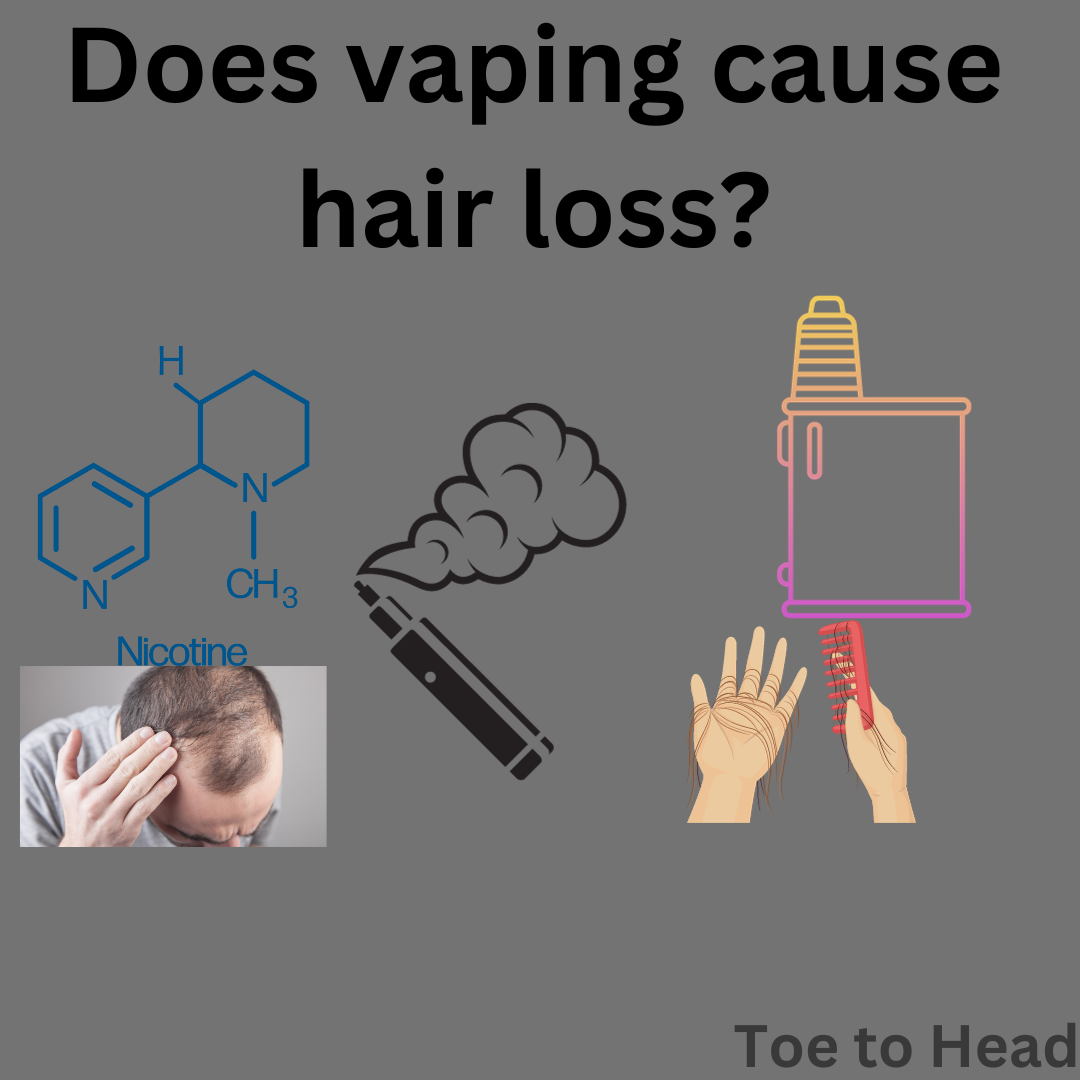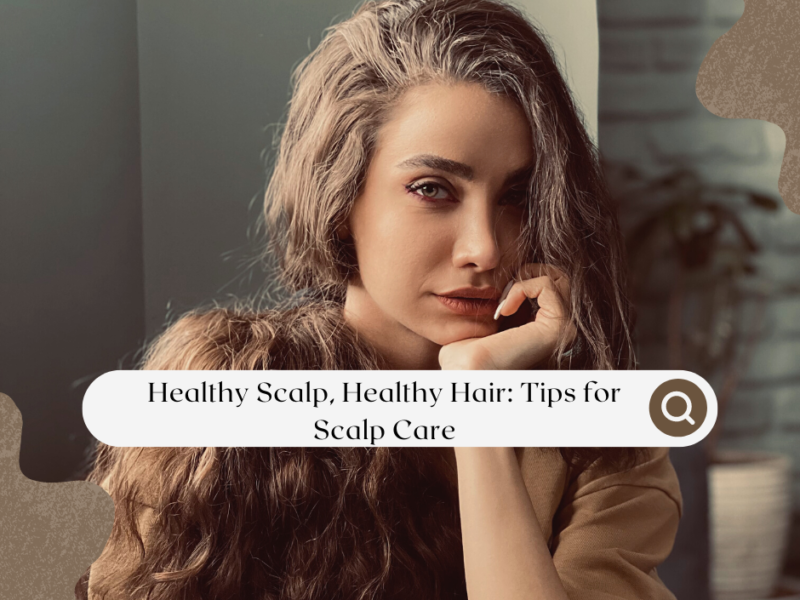Introduction:
Vaping, the use of electronic cigarettes, has become a popular alternative to traditional smoking. While its potential health risks are well-documented, a new concern has emerged – the possible connection between vaping and hair loss. In this blog post, we’ll explore the link between vaping and hair loss, examining the scientific evidence and shedding light on the risks associated with this modern habit.
The Link Between Vaping and Hair Loss: Is It Real?
- Nicotine and Hair Health:Nicotine, a highly addictive substance found in both traditional cigarettes and e-cigarettes, constricts blood vessels and reduces blood flow. This diminished blood flow can affect the hair follicles, potentially leading to hair loss.
- Inflammation and Hair Loss:Vaping has been linked to an increased risk of inflammation and oxidative stress in the body. Chronic inflammation is a known factor in hair loss conditions like alopecia areata.
- Hormonal Changes:Vaping may also lead to hormonal imbalances. Hormones play a significant role in hair growth and loss, and any disruption in hormonal levels can contribute to hair thinning or shedding.
The Risks and Considerations:
- Limited Research: It’s important to note that the research on the specific link between vaping and hair loss is limited. While some evidence suggests potential connections, more comprehensive studies are needed to establish causation.
- Individual Variations:People may react differently to vaping, with some experiencing adverse effects like hair loss while others do not. Individual variations in genetics, lifestyle, and overall health can influence the impact of vaping on hair health.
- Other Health Risks:Hair loss is just one of many health concerns associated with vaping. The potential risks include respiratory problems, heart issues, and adverse effects on oral and dental health.
Preventive Measures and Healthy Choices:

- Quit Vaping : The most effective way to eliminate the potential risk of vaping-related hair loss and other health issues is to quit vaping altogether.
- Lifestyle and Nutrition:Focus on a balanced diet, regular exercise, and stress management to support overall health, which includes hair health.
- Consult a Healthcare Professional:If you’re experiencing hair loss and suspect it may be related to vaping, consult a healthcare professional or dermatologist for a proper evaluation and personalized advice.

Will my hair grow back if I stop vaping?
Stopping vaping may help improve the overall health of your hair, but hair regrowth depends on various factors. If hair loss is primarily related to vaping, cessation can halt further damage and, in some cases, allow for natural regrowth over time. However, individual factors and genetics play a significant role, so it’s essential to consult with a healthcare professional for personalized guidance.
Does nicotine cause hair thinning?
Nicotine’s vasoconstrictive effects can reduce blood flow to hair follicles, potentially leading to hair thinning. While there’s no direct link between nicotine and hair thinning, it’s one of the factors to consider in the complex web of hair health.
Is vape worse than smoking?
Vaping is often considered less harmful than traditional smoking due to the absence of many harmful chemicals produced by burning tobacco. However, it’s crucial to understand that vaping is not without its risks, and the long-term health effects are still being studied.
What does vaping do to your skin and hair?
Vaping may lead to skin and hair-related issues due to nicotine’s impact on blood flow and inflammation. Reduced blood flow can affect skin and hair health, while chronic inflammation can contribute to conditions like acne or hair loss.
Is nicotine hair loss reversible?
The reversibility of nicotine-related hair loss can vary from person to person. In some cases, discontinuing nicotine use can halt further loss and allow hair to naturally regrow. However, the extent of reversibility depends on individual factors, and it’s advisable to consult with a healthcare professional for a comprehensive assessment.
How can I reverse my hair loss?
Reversing hair loss often involves addressing the underlying causes, such as lifestyle factors, genetics, and specific conditions. Consult a dermatologist or healthcare provider for a personalized plan. Treatments may include medications, hair care routines, and lifestyle adjustments to promote regrowth and overall hair health.
Conclusion:
While the link between vaping and hair loss is not fully understood and requires further research, the potential risks associated with vaping extend beyond hair health. Vaping is known to have detrimental effects on overall health, and quitting this habit is a proactive step toward a healthier and more vibrant life. If you’re concerned about hair loss or considering quitting vaping, consult with healthcare professionals to address your specific needs and find the best path to optimal health and well-being.



